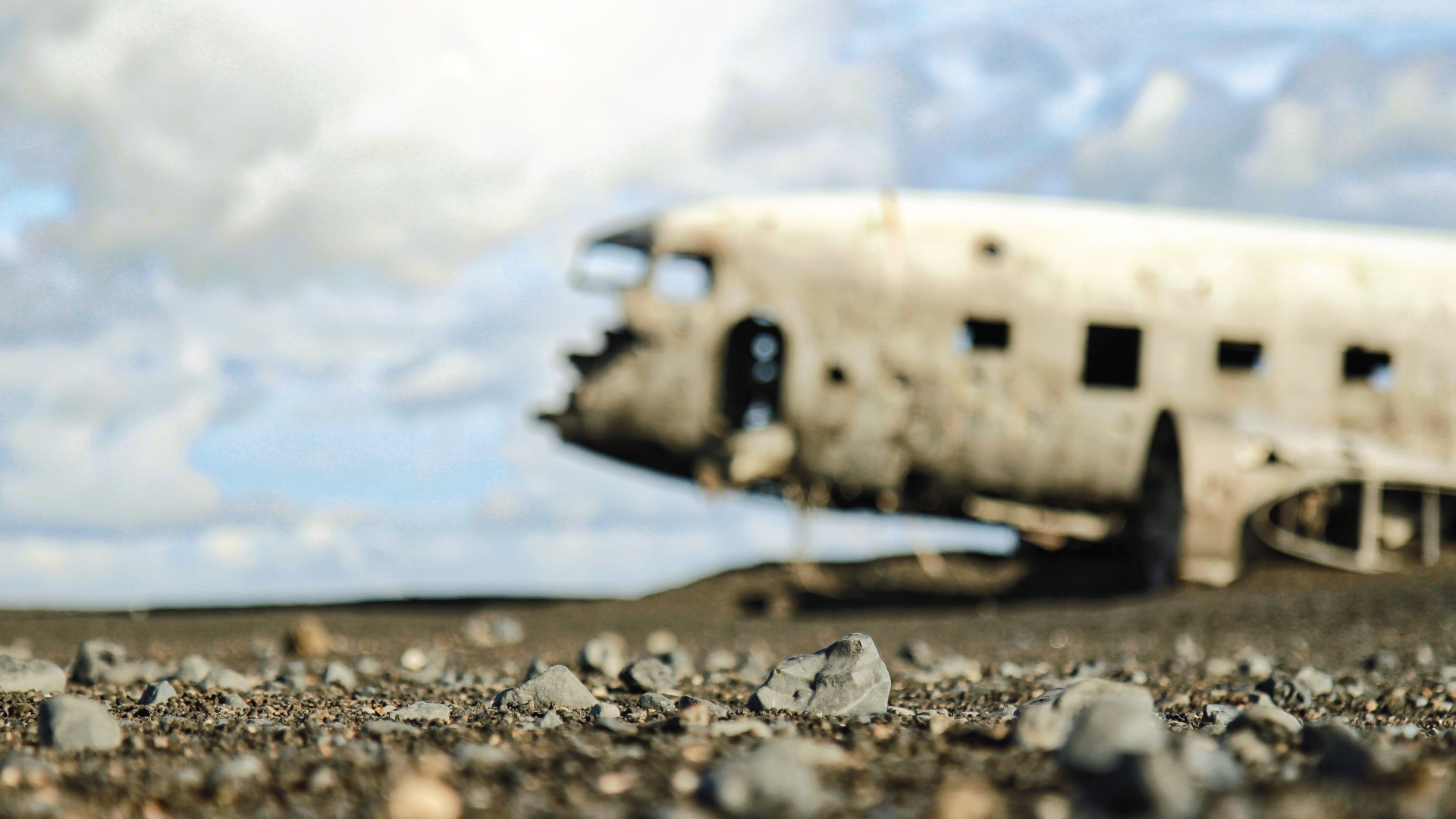Hey lovely people,
I hope you’re all doing okay.
This week, I’ve been reading a couple of articles about the language we use when we talk about cancer. It’s something I’ve been thinking about over the past few months, especially as I write for this blog.
The first article was written for the Huffington Post by Dr Mark Taubert, a palliative care doctor and the second was by Misha Gajewski for the Cancer Research blog.
Both articles highlighted the violent metaphors that we use when we talk about cancer. As Dr Taubert points out, ‘we don’t just ‘have’ cancer, we stand up to it, battle it’.
Don’t get me wrong – I have fallen into the habit of referring to cancer as something that needs to be fought. I tell others to stay strong and keep fighting and yet, I certainly never felt like I fought it courageously.
Bravery is a word that is associated with cancer a lot. I know that people have good intentions when they tell me that I’m brave but I am most definitely not; to me, bravery is something that you choose. Like if a house was on fire, would you run in and save the people inside? Cancer doesn’t give you a choice and because of that, I never see myself as inspirational or heroic – I’m the type of person who runs away from spiders!
It sounds strange but it took me a really long time to acknowledge that what I had was actually cancer; not because I was ever really in denial but because I couldn’t match what I was going through with the thing those heroic little kids on the telly had. When the Make a Wish Foundation gave me the opportunity to have a wish granted, I immediately thought ‘but I haven’t got a life-threatening illness.’
However, I do see others who have cancer or who have had it previously, as warriors – strange, eh? I think that I’ve partly been programmed to see cancer patients like this by the media but there is also a huge part of me that admires them for what they’ve been through. I respect and applaud them for managing to deal with all the horrible stuff that’s been thrown at them, the difficult conversations they’ve had with their families and friends, the lonely nights, the painful nights, the times when no one believes they’re actually feeling okay because they look awful. To me, they are fighters.
But what happens when there is nothing more that can be done and strong will is not enough?
Both Dr Taubert and Misha Gajewski state that the language of war and violence that we use may be motivational to patients at the beginning of a diagnosis. But as Dr Taubert explains, these metaphors become more difficult to use when the cancer has spread too far, with patients deeming themselves failures because they haven’t won the fight.
In my eyes, none of us are winners or losers. We are just lucky or unlucky. Of course, some of us could have cut down on the fags or kept out of the sun, but it’s all a game of chance. Those of us who got through the cancer part may now have long term health complications to deal with but we’re still incredibly lucky to be alive.
After reading these articles, I will think twice about the type of language I use when talking about cancer; nobody should be made to feel like a failure because they’re not going to survive it. I certainly wouldn’t have wanted my late father to think that about himself.
Someone once told me we are all brave in different ways – perhaps we should all believe that instead.
Allie x
This post was originally published here.



